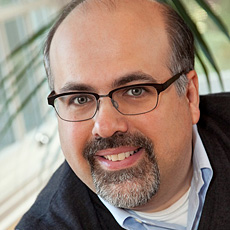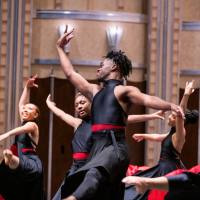
Last week I attended a lecture and poetry reading by Dr. Rafael Campo, sponsored jointly by Case Western Reserve University and the Cleveland Clinic’s Lerner College of Medicine and the Clinic’s Center for Ethics, Humanities and Spiritual Care. Since it was a poetry reading, you might suspect the “Dr.” indicates Dr. Campo’s terminal degree in Arts and Letters. But he is a medical doctor – a general practitioner – and a poet.
Dr. Campo is a champion for the healing power of language. And what he means by this is something far more complex and layered than just the way that writing poetry can express and thereby help relieve a patient’s experience of illness.
Dr. Campo talks so eloquently about the unfortunate “militarization” of the language of medicine – how doctors are trained to “fight” illness; that if they haven’t cured the disease they’ve “lost the battle.” This focus on the illness as an enemy of the doctor’s, rather than on the suffering of the patient, distances the doctor from the humanity of the ones who are suffering. In his poetry, Dr. Campo tries to elevate the stories of the patient through the low-tech language of poetry, and to combat (or counter attack?) the clinical and scientific language that creates a protective wall behind which doctors can hide from the reality of their patients’ pain.
When he writes, he uses the poetic meter of what he calls “the iambic heartbeat.” The “iamb” is a metrical measure of two syllables, the first unstressed, the second stressed – da DUM / da DUM / da DUM / etc., echoing the pumping rhythm of the heart. Much of Shakespeare’s most famous lines are written in iambic pentameter, (five “iambs” to the line.)* It is, perhaps, the most familiar rhythm to English-speaking people.
The reading was attended by med students, humanities students, doctors, poets, and other Clinic staff. Also present, and reading their poems, were three medical students – winners of this year’s William Carlos Williams Poetry Contest, a 40-year-old competition sponsored by NEOMED (Northeast Ohio Medical University) of which Dr. Campo was the third winner in his student days.
*If mu– / -sic be / the food / of love, / play on


